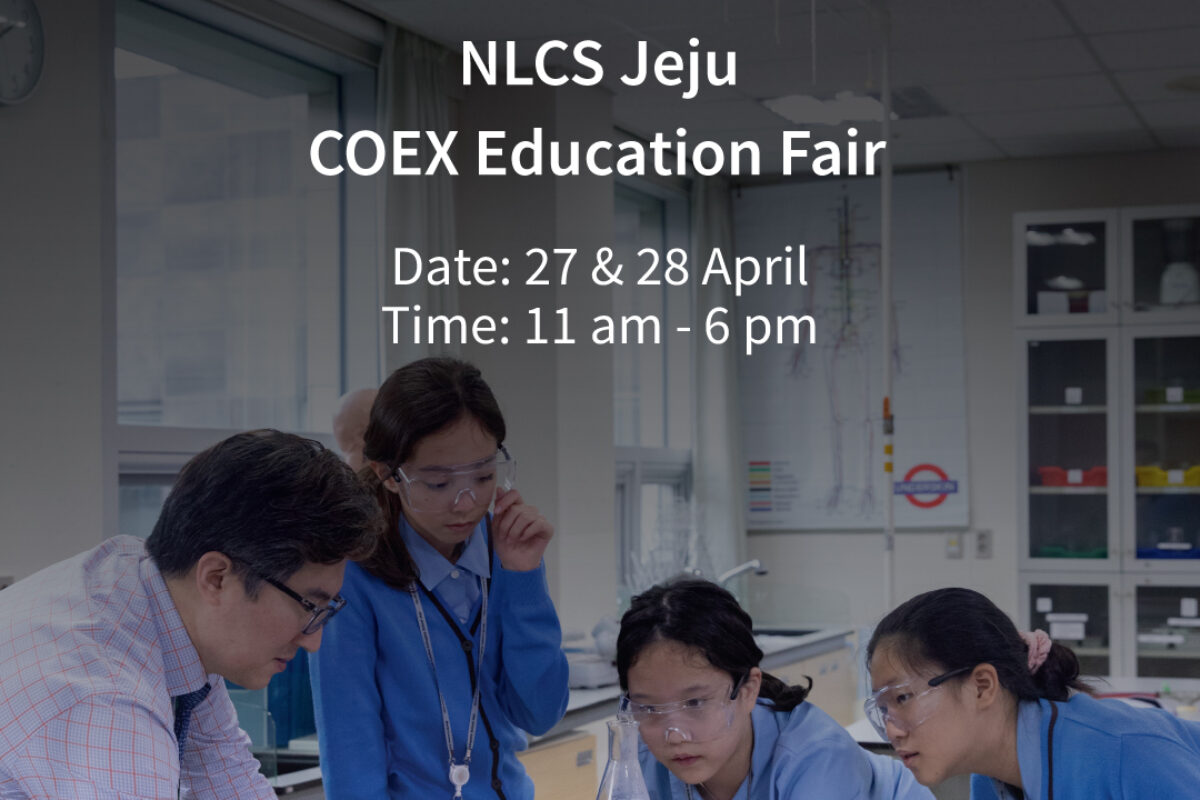The Chemistry department believes in the axiom that Chemistry is the central science.
Looking at the world through a lens of Chemistry, you not only gain greater insight into the realms of physics, biology and geology, but into the world as a whole, whether it be economics, resourcing, and decision-making processes of modern societies.
The department aims to develop this lens by providing students with opportunities throughout and beyond the curriculum to engage not only with the ideas and theories underpinning the subject, but also with the practical hands-on experiences that are required to not only be an excellent chemist but a fully engaged member of society. The department accomplishes this by providing students with a broad and in-depth experimental programme that requires independent thought, collaboration, communication skills and cross-cultural thinking. We also provide students with opportunities outside the classroom to conduct scientific research safely in our supervised settings so that they can go further in-depth to the subjects they are passionate about .
Our Key Stage 3 and IGCSE curriculum allows students to encounter a wide range of chemical knowledge and develop the key skills required to conduct scientific research. The breadth of the curriculum allows students to encounter such topics as atomic theory and the organisation of matter, energetics and kinetics, equilibria and acids and bases, and the foundational aspects of organic chemistry. The skill development section is focused on helping students develop their own scientific questions so they can follow their passions in the topic. We offer them multiple opportunities each year so that students can continue to be inquiry learners. In tandem with that, we train students on the laboratory skills needed so that they can pursue their questions safely, analytically and with a knowledge that the skill set we are providing them with allows them to be confident and mature students in the laboratory. The other aspect that we focus on is the importance of the communication of scientific knowledge to their peers and greater society in oral and written texts. Throughout the curricula we develop these skills so that they have opportunities to express themselves in presentations, written reports and opportunities to deliver these projects to the scientific community outside of school.
Currently, we are developing our programme so that each year will have a major project each year that encompasses these core principles.
Year 9 students will be looking at developing a sustainable energy project towards the end of the year with a trip to some sites on Jeju island related to water treatment and wind power generation. Year 10 students have an in-depth inquiry project on reaction rates to develop during the year. For year 11 we also are cognizant of the pragmatic need of preparing students for their examination, so we are designing a laboratory day to help them with their skills and their examinations concurrently. IB students have access through societies to our trips to university institutions in Korea and abroad to give them a sense of what doing science is like in post-secondary institutions and industry and they also have the experience of developing their own inquiry project through the internal assessment in the course.
